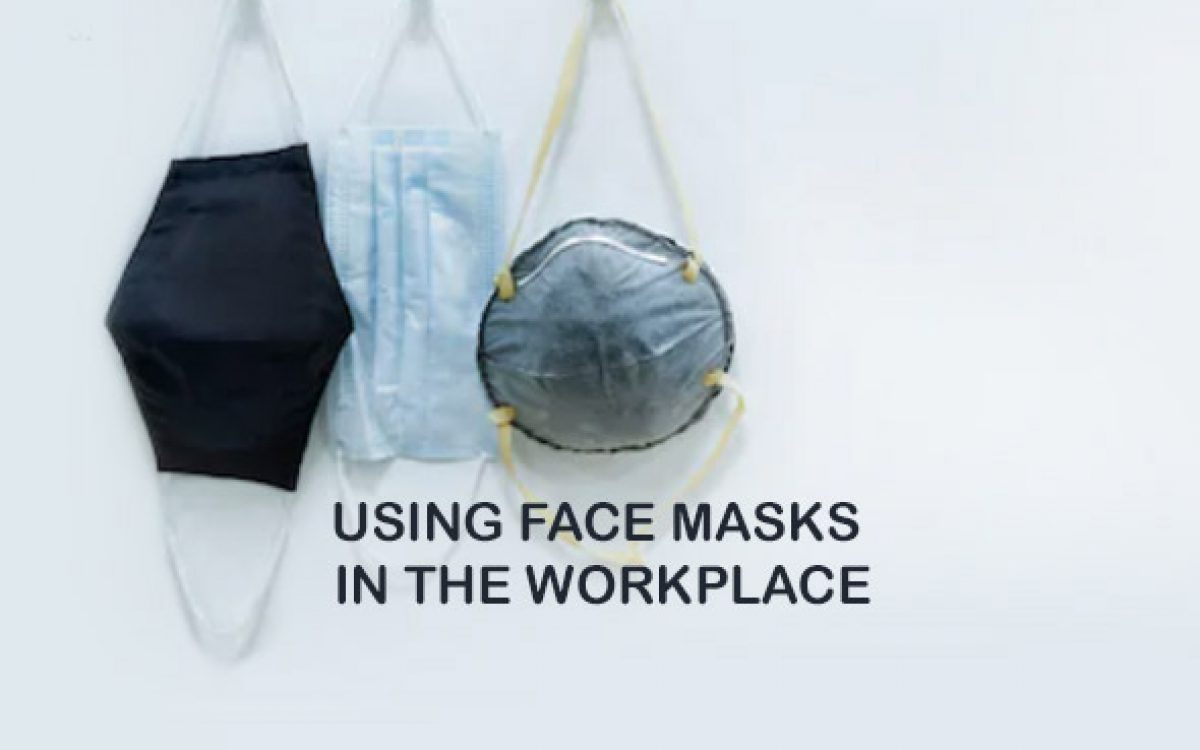The Centers for Disease Control and Prevention (“CDC”) recently recommended the use of homemade cloth face coverings in public settings, which theoretically would include the workplace for those individuals still reporting to an office or other work location outside the home. To be clear, the CDC is not recommending the general public wear N95 respirators or surgical masks. As the CDC states, “Those are critical supplies that must continue to be reserved for healthcare workers and other medical first responders, as recommended by current CDC guidance.”
A couple of common questions about these homemade face coverings include: (1) are homemade face coverings considered personal protective equipment (PPE) pursuant to OSHA regulations; and (2) If worn at work, who is responsible for providing them or paying for them?
Are Cloth Face Masks Considered PPE under OSHA Regulations?
At this time, OSHA has provided no definitive answer as to whether the cloth face masks are PPE. This is a critical answer, as it would open a whole host of additional obligations for employers. However, for the time being, the best employers can do is evaluate homemade masks under OSHA’s general guidelines for what constitutes PPE.
OSHA’s general PPE standard applies to “all protective equipment, including personal protective equipment for eyes, face, head, and extremities, protective clothing, respiratory devices, and protective shields and barriers.” Before an employer can require an employee to put on PPE, the employer must, among other things,
- perform a hazard assessment;
- consider other alternative options to protect employees;
- identify and provide appropriate PPE for employees;
- train employees in the use and care of PPE;
- train employees how to clean and maintain PPE, including replacing worn or damaged PPE; and
- prepare a plan that is periodically reviewed, among other steps, including employee specific requirements.
The crux of the CDC’s recent guidance is that the agency is recommending cloth face masks be worn when in public to help prevent the spread of the COVID-19 virus from the wearer of the mask, who may be infected but asymptomatic. To be clear, OSHA has not, yet, issued any guidance that cloth face coverings are recommended to protect the wearer, or that they are considered PPE. It’s also clear that cloth face masks are not considered respirators under OSHA’s rules.
When you add all of this together, there is a strong argument that the homemade cloth face coverings are not PPE because they provide little to no protection for the wearer. On the other hand, if an employer requires employees to wear them, rather than simply allowing them to be worn on a voluntary basis, then there could be an argument that cloth face coverings are PPE.
If you decide to require employees to wear a cloth face covering at work, then the most risk-averse position would be to treat them as if they are PPE and conduct the analysis and training mentioned above. If you simply allow employees to wear them at their discretion, then there is likely no further action required.
Should Employers Pay for Cloth Face Coverings?
OSHA standards generally require employers to provide PPE to employees free of charge, with some exceptions. Employers are not required to pay for “everyday clothing, such as long-sleeve shirts, long pants, street shoes, and normal work boots or ordinary clothing, skin creams, or other items, used solely for protection from weather, such as winter coats, jackets, gloves, parkas, rubber boots, hats, raincoats, ordinary sunglasses, and sunscreen.”
Although the CDC has advised the pubic to wear cloth face coverings to prevent the spread of COVID-19 (and these face coverings could arguably be considered “everyday clothing” or “ordinary clothing,” especially if made from a t-shirt), employers may need to pay for them if it requires employees to wear them in the workplace. The PPE standard provides that employers cannot require employees to provide their own PPE and an employee’s use of PPE they already own (e.g., homemade cloth masks) must be voluntary. So, if an employee voluntarily brings in their own cloth face covering to work, then employers likely do not have to reimburse the employee for its cost. The safest course of action would be for an employer who requires employees to wear the cloth face covers to either provide them or pay for them.
It’s worth noting that some state and local governments are requiring cloth face coverings to be worn in public and by employees who interact with the public. In such situations, and depending on the state or local law, then employers are likely required to provide them and/or pay for them.
For more information about this announcement, click on this link to go to the CDC’s website.
